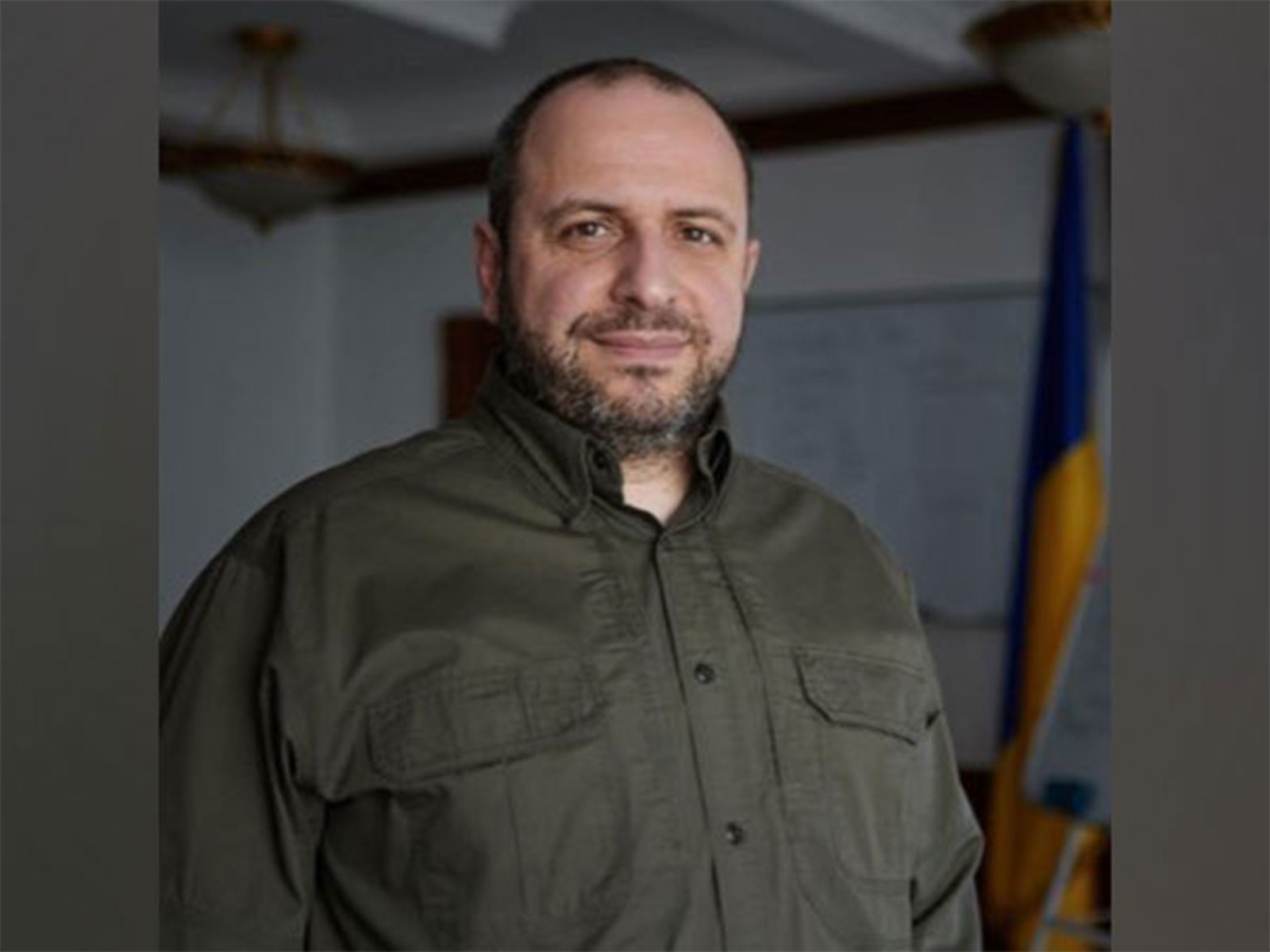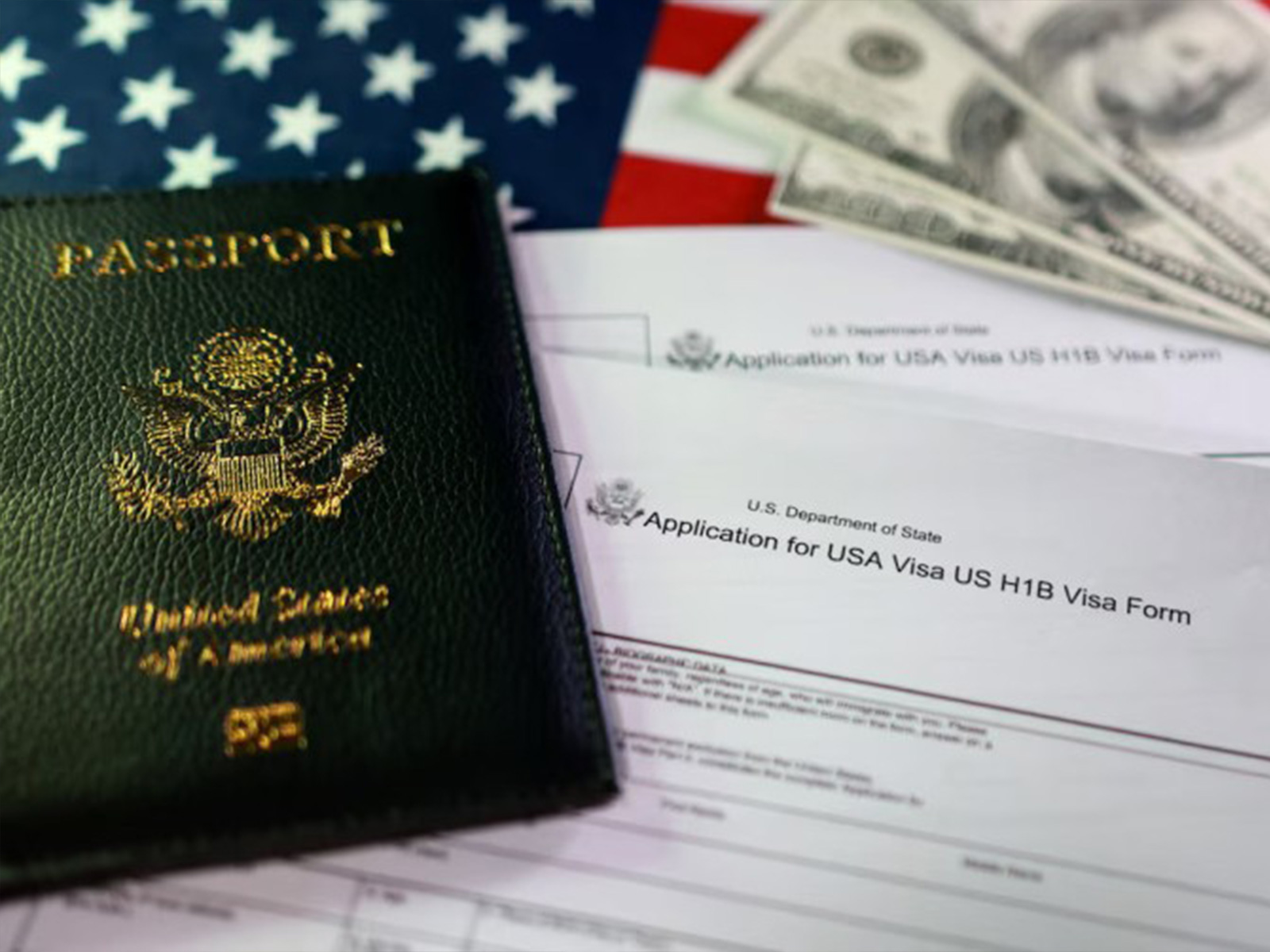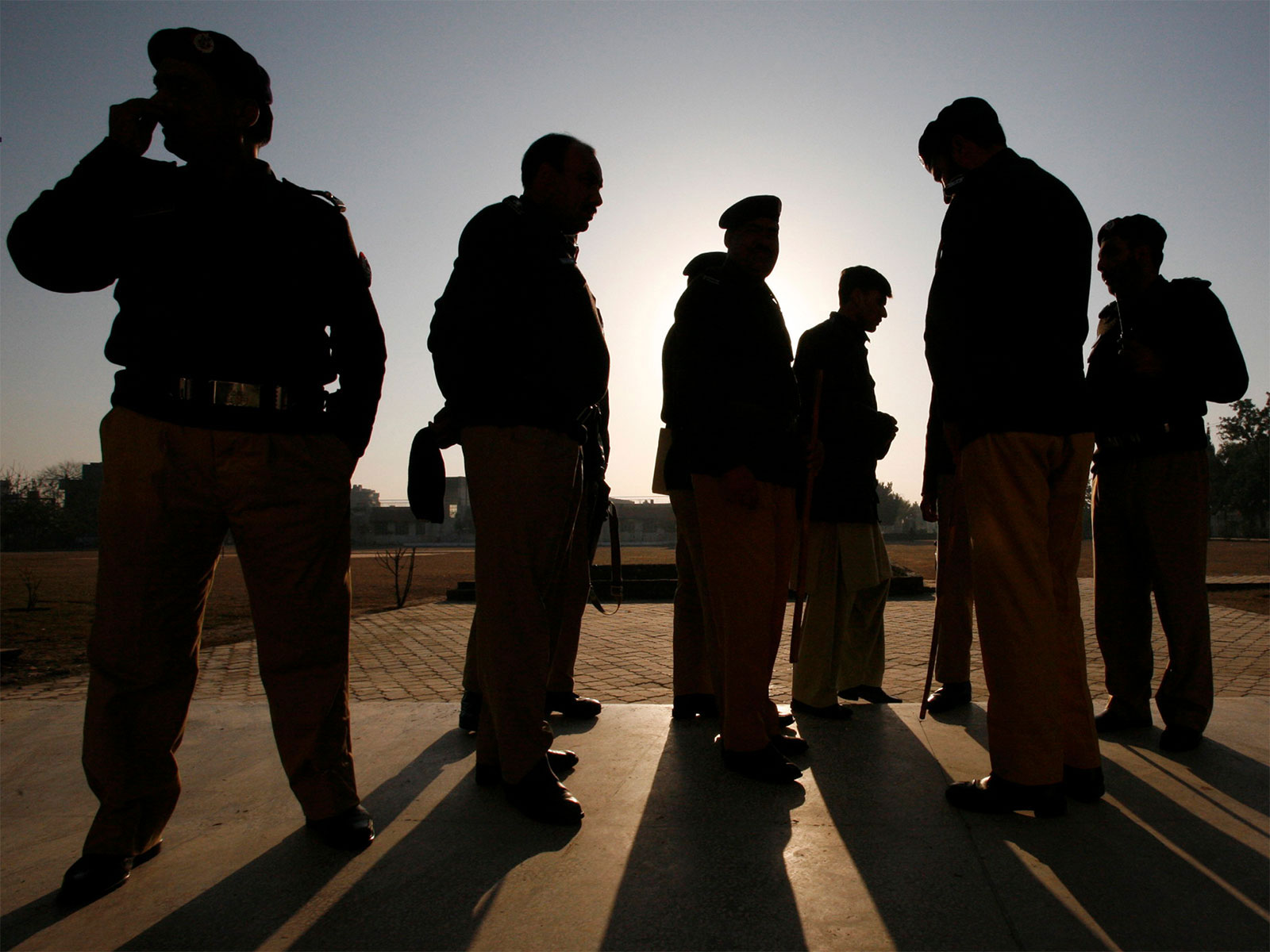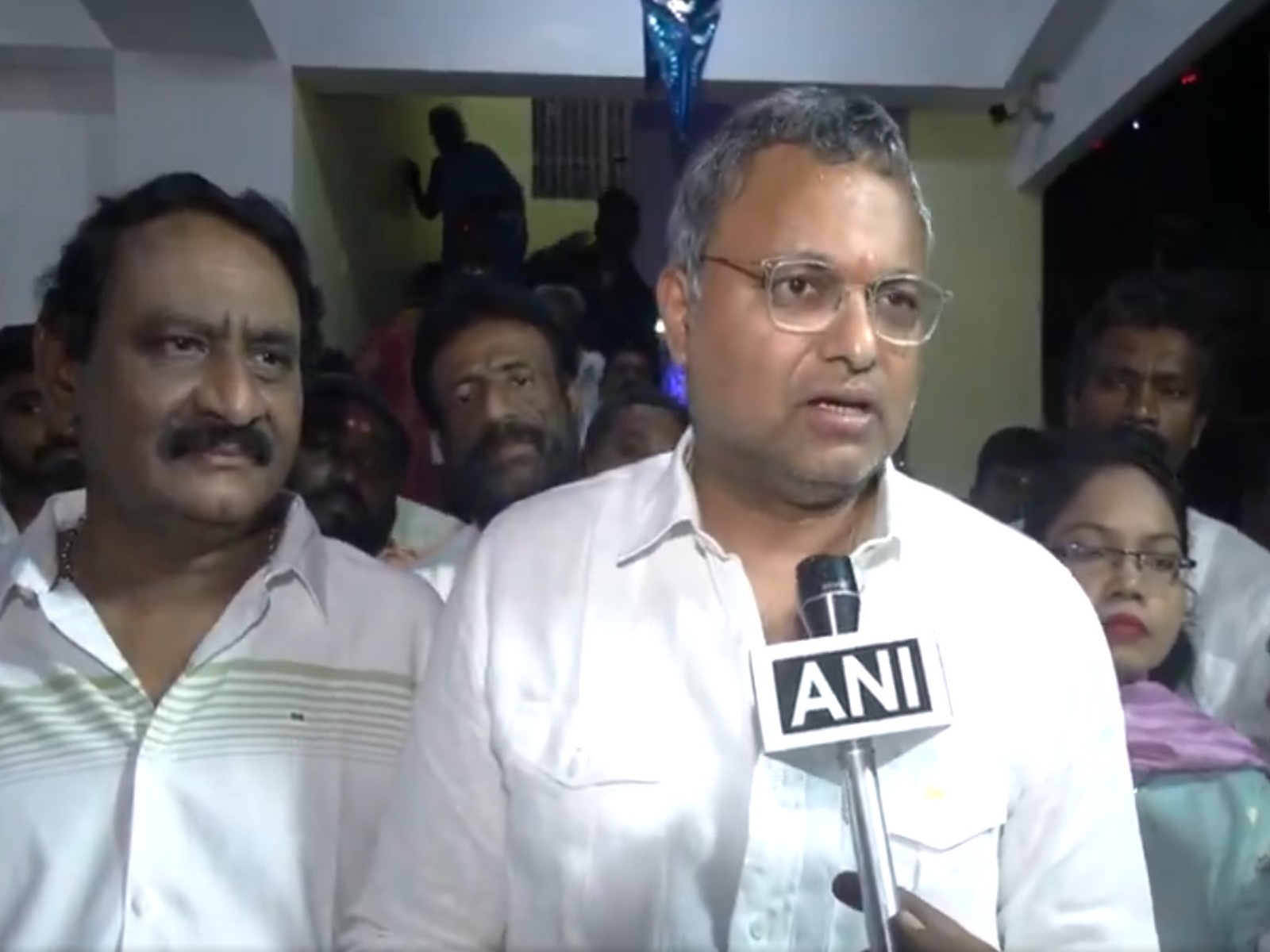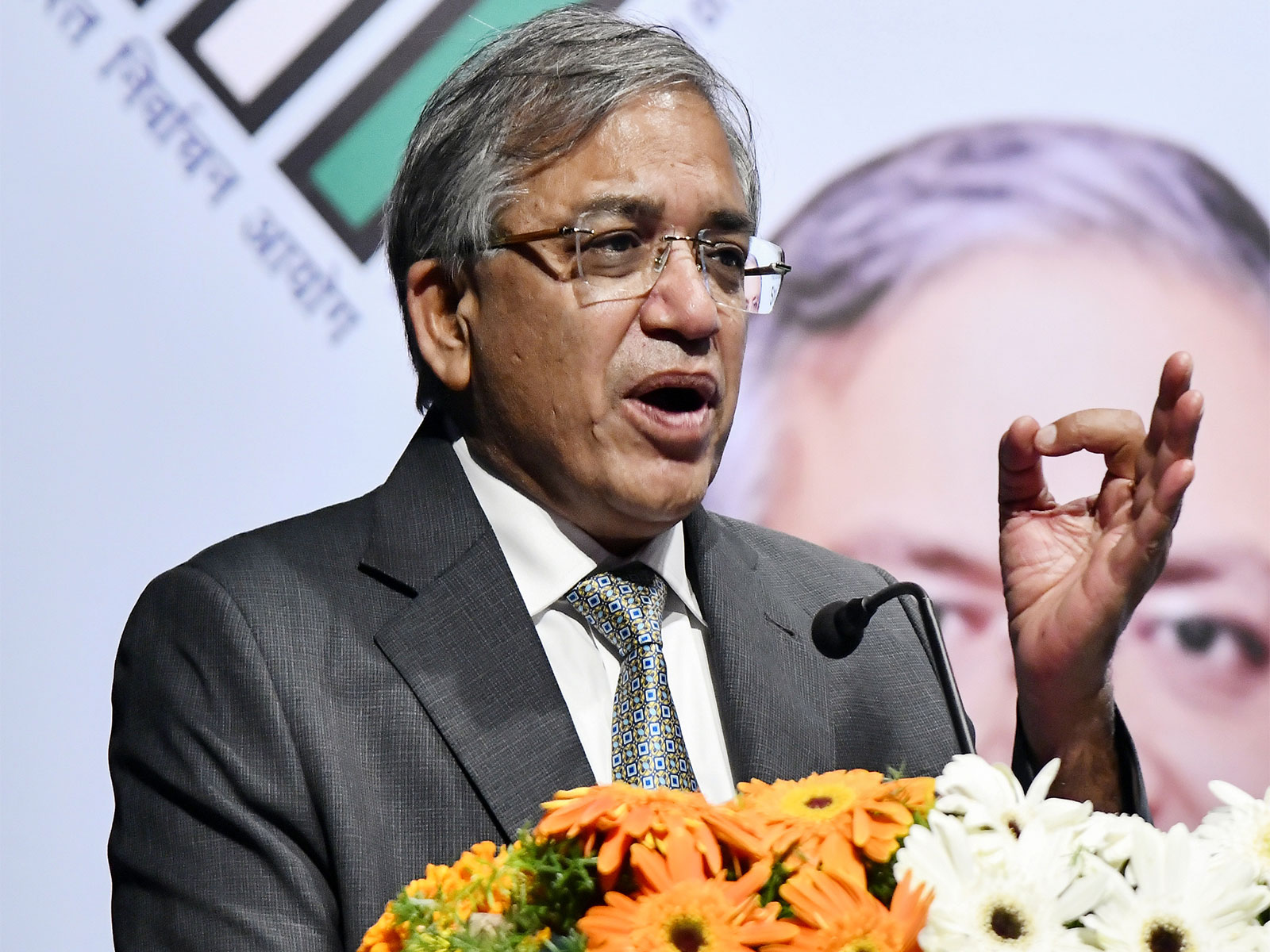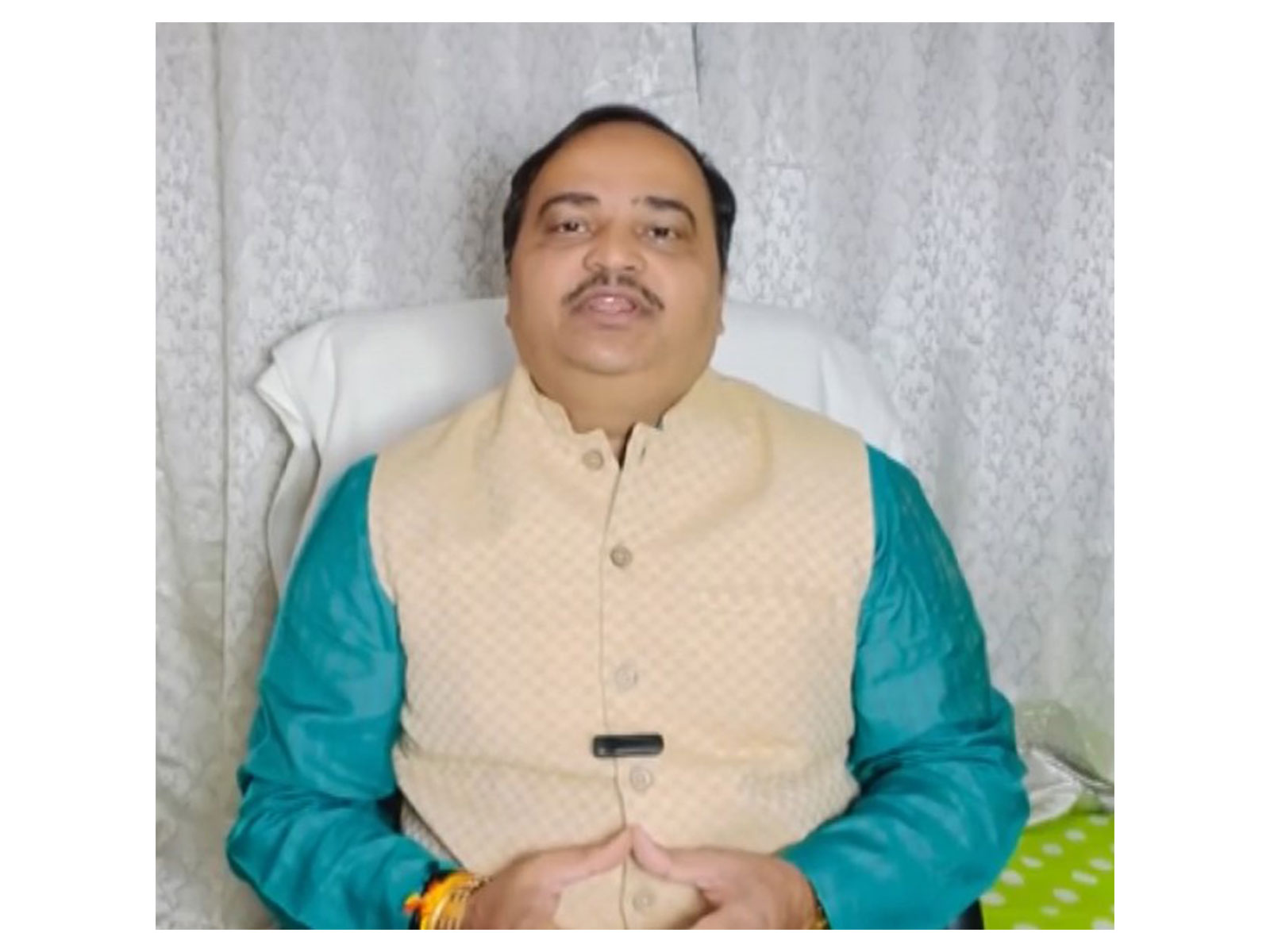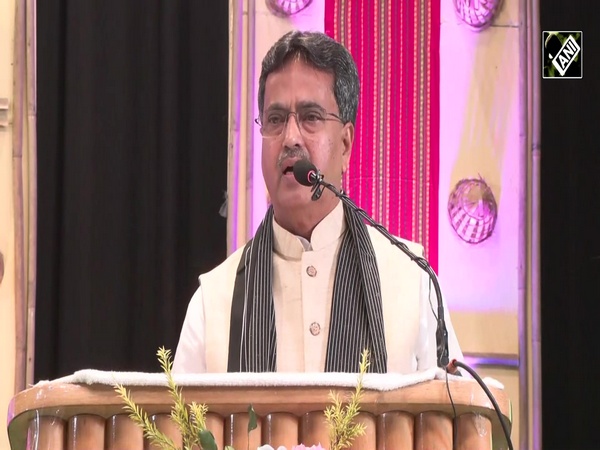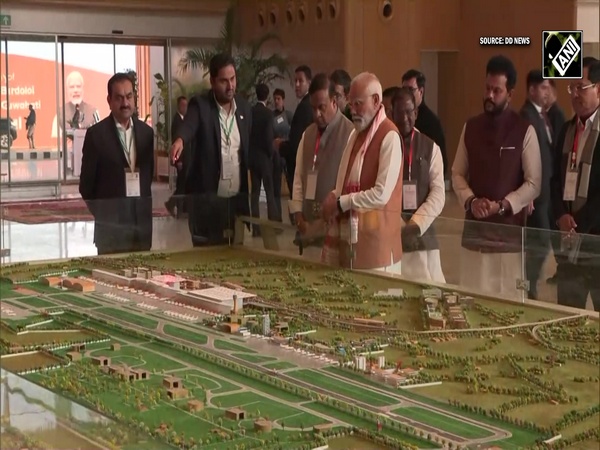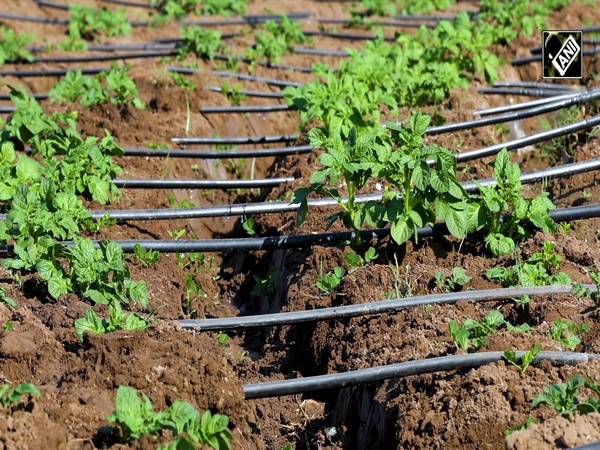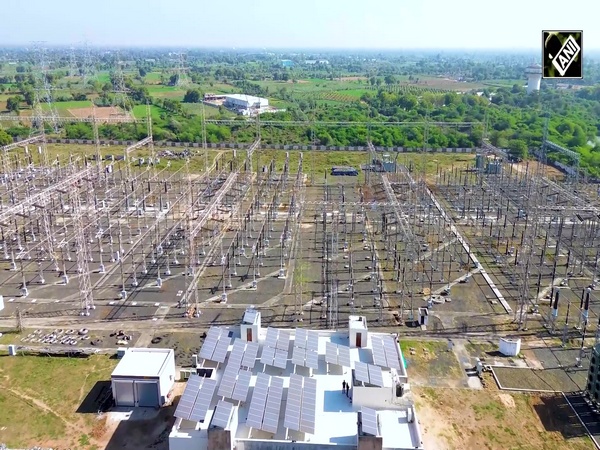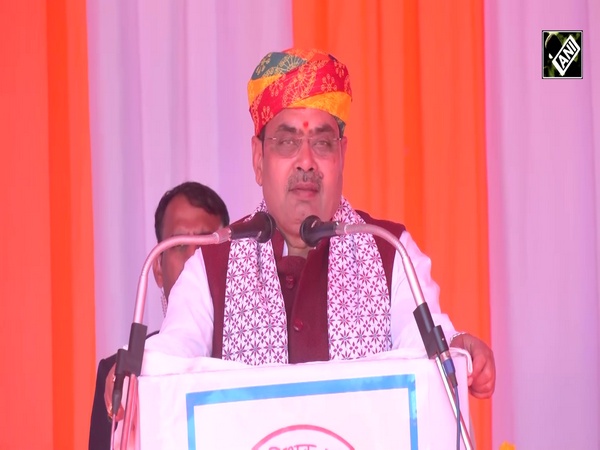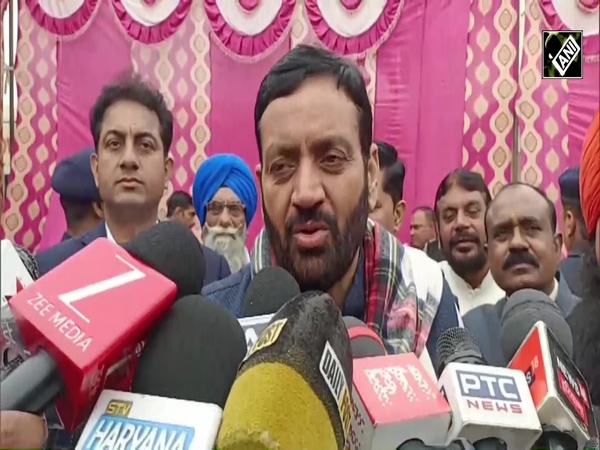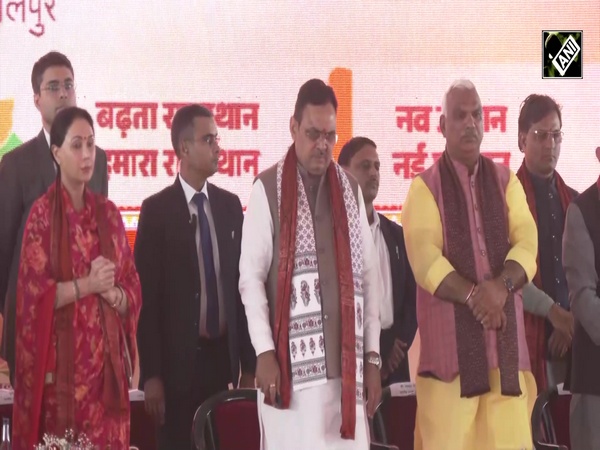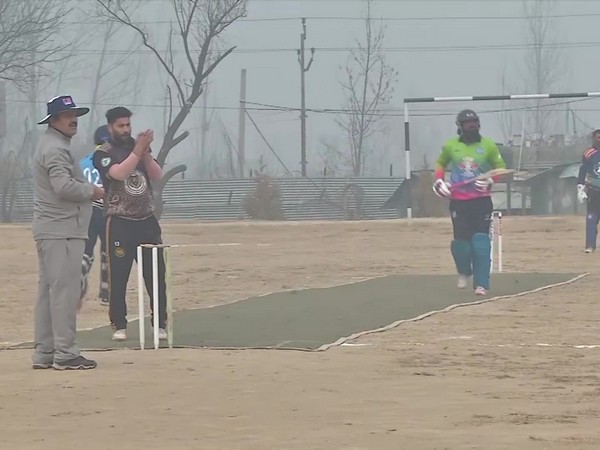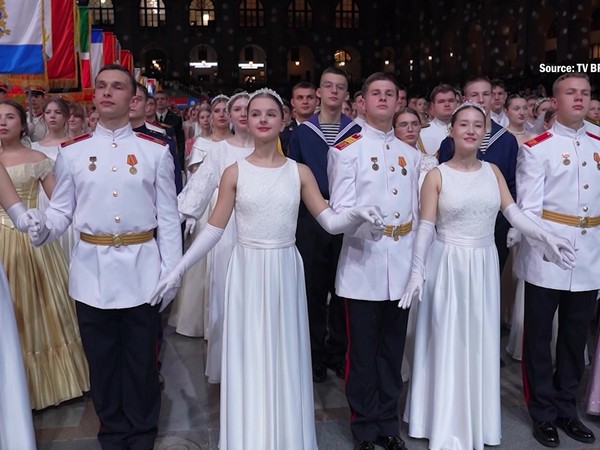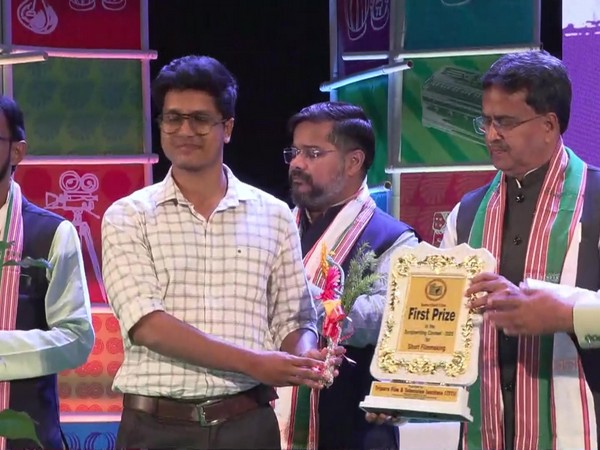People-to-people contact needs to be base for cultural revitalization: Author on India-Cambodia ties
Sep 09, 2024

By Diksha Rathore
Bengaluru (Karnataka) [India], September 9 : Lauding India-Cambodia ties and the strong cultural linkage shared between the two countries, author Ratul Chakraborty opines that for the two countries to bolster ties further, travel remains the base to enhance people-to-people contact, for any of the cultural revitalisation to be possible.
Emphasising how India has an "enormous" consumer class, the author says that from a foundation point of view, tourism is the base from which the two countries "need to kind of start off."
"So I think travel is the base...For any of this cultural revitalization to be possible, the base needs to be the people-to-people contact. And that's, I think, condition zero. And we have an enormous consumer class in India who are looking for certain experiences. I think what would be important is that the curation of the tours happen properly. And what we call the tourist etiquette, that particular thing with huge volumes, that becomes a challenge. And we have seen that everywhere. just from a, you know, foundational point of view, tourism is the base from which we need to kind of start off," Chakraborty told ANI in an interview on Zoom.
"When people kind of come into contact with each other, that's when connections happen, that's when business opportunities and every kind of growth opens up once people start going to places, meet each other and then kind of seeing opportunities and stuff like that. Historically, that has happened in every place where the Indian consumer class, that clash has historically happened everywhere, whether it's in Europe, whether it is in any of the other places," that author said .
Ratul has curated 'Shared Roots: Tales from the Indosphere', a book that delves deep into the cultural and historical ties between India and Cambodia. Seven authors from diverse fields meticulously plot the textures of this bilateral history, revealing the profound connection that shaped both the nations.
In a historic move, the first direct flight between New Delhi and Phnom Penh was officially inaugurated by Deputy Prime Minister of Cambodia, Neth Savouen, and India's Ambassador to Cambodia, Devyani Khobragade, in June this year.
"If one goes past Thailand, Cambodia, one becomes observant of a recursive iteration, finding it familiar but also unique," says Chakraborty explaining some of the excerpts from the book that highlights the strong cultural linkage shared between India and Cambodia.
"There is this larger tapestry of Hinduism which is present, but it has been converted into these intensely local forms, where they have owned it, and we are not the owners of that thing. Nobody is the owner of that thing. Everybody has kind of taken that universal construct and created their own culture around that, you know, within that sandbox and around those principles, and it is brilliant," the author says.
"If you walk towards the east and you go past Thailand and Cambodia, you start walking towards that thing. ...it's like a recursive iteration that throughout this land, it is dotted with things that, okay, this is familiar, but this is also unique. And I think that is magic. It's such a beautiful magic that I thought that, okay, this is something that I need to do. Because it is something, because we tend to underplay, how awesome this is," says the author.
On being asked about the direct flight inaugurated between India and Cambodia in June, and how it will impact tourist inflow in Cambodia from India, the author says, "what would be important is that the curation of the tours happen properly."
He adds, "You have to brace yourself for that because that's going to happen. it is a part and parcel of we'll call it the growth pangs, you know. But I think once it stabilizes, there is a lot of, runway there."
On the current challenges in India and Cambodia relations, Ratul said that out of many, the geopolitical challenges remain a key aspect there.
"I think there are geopolitical challenges, definitely. In terms of, you know...the China factor. I think even till a couple of years back, that was one of the key things. I think over the last two, three years, I think it's slightly changing. But, I think the geopolitical challenges are there. Moreover, I think for people to kind of go there, I think language is another problem. I think since the Cambodians, unlike us, were colonized by the French, the lingua franca (common language) sometimes gets challenging in certain cases," Ratul told ANI.
However, he outlined such issues as very 'ground level' things, adding that "Once there's a sufficient demand and once a sufficient number of people actually start visiting, these things get sorted out. Both the language problem as well as the culinary stuff, they get sorted out within one and a half, two years once the demand actually creates...I am hopeful because, as I said like once people start talking, there is a bottom-up movement that tends to ease these things, which is why I am so much harping on the cultural connect and the fact that people need to kind of go and visit each other."
India has been for long associated with the restoration work of temples in Cambodia.
Moreover, India actively assists Cambodia in capacity building and human resource development through training slots under the ITEC (Indian Technical and Economic Cooperation) and scholarships under ICCR (Indian Council for Cultural Relations).
India has also extended grants and concessional loans for developmental projects. Conservation and restoration of the ancient temples of Angkor Wat, Ta Prohm and Preah Vihar are being carried out under funding by Indian government.
Angkor Wat is a temple complex in Cambodia and one of the largest religious monuments in the world. The city of Angkor is also home to the UNESCO World Heritage site, Angkor Vat. Angkor is one of the most important archaeological sites in South-East Asia.

